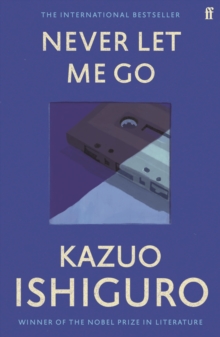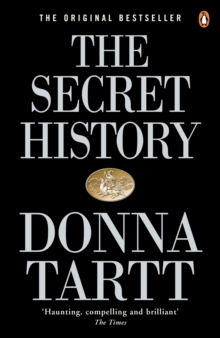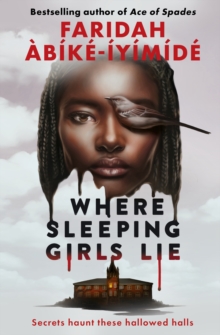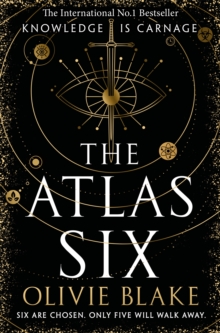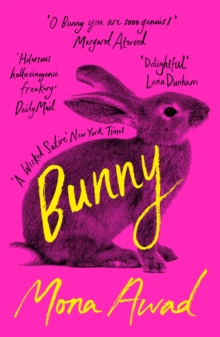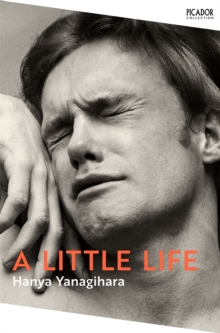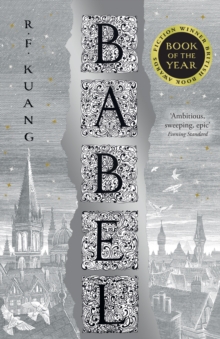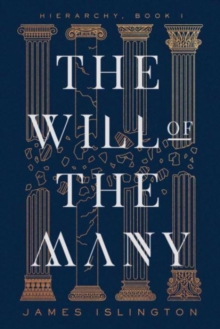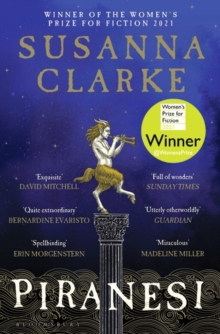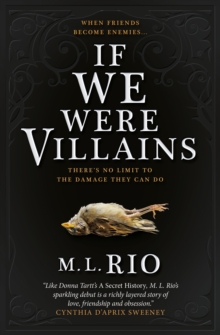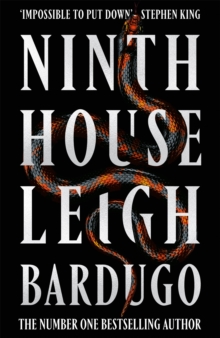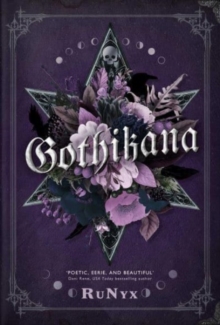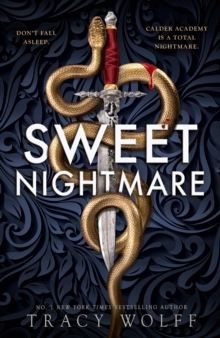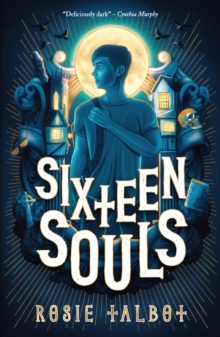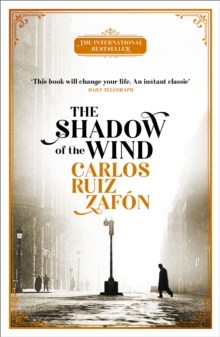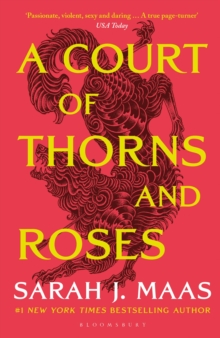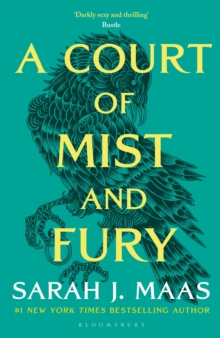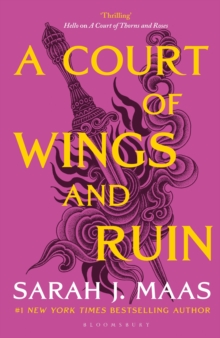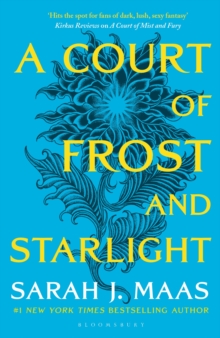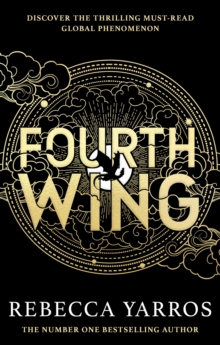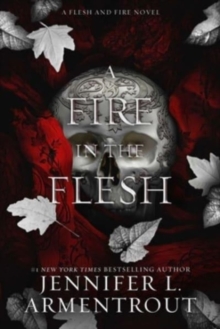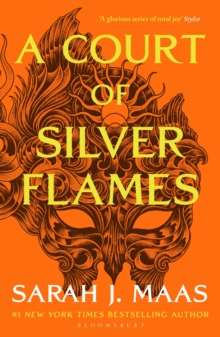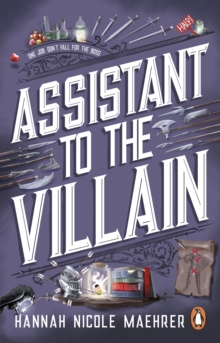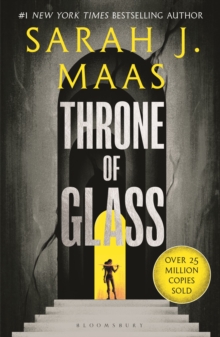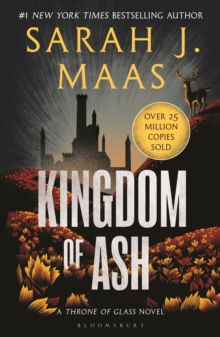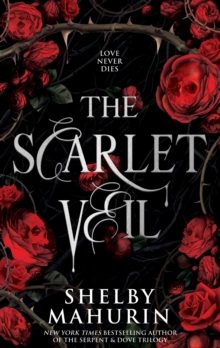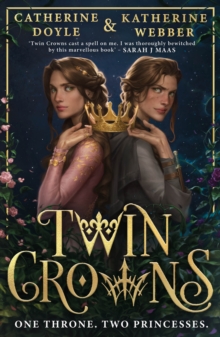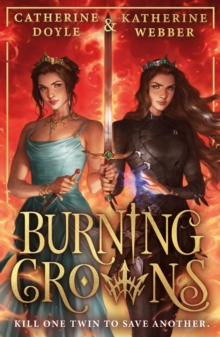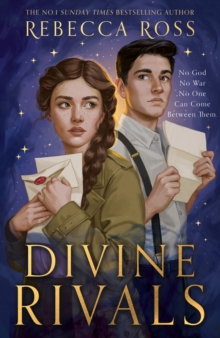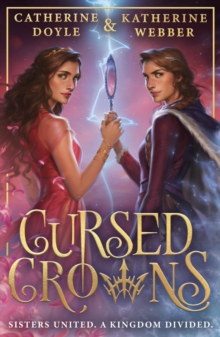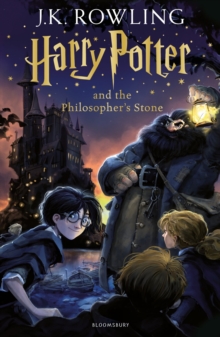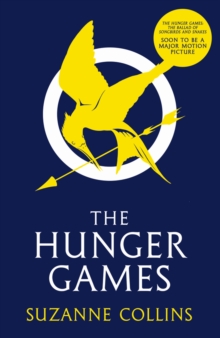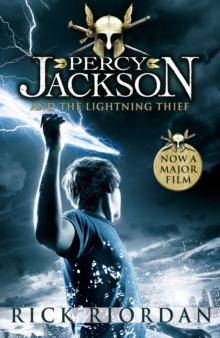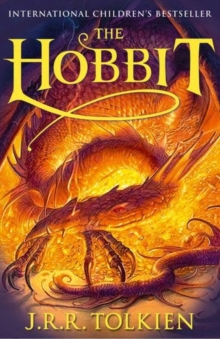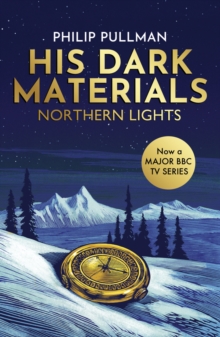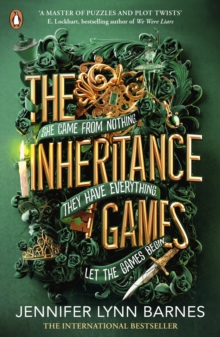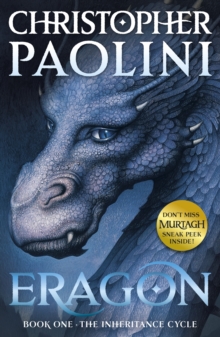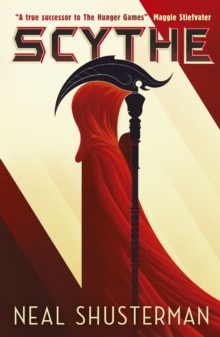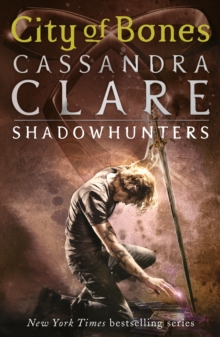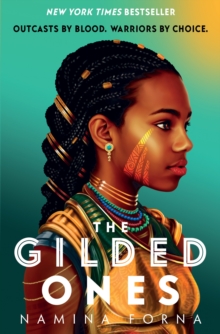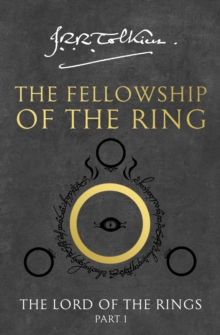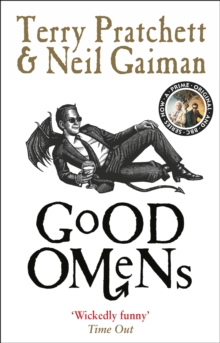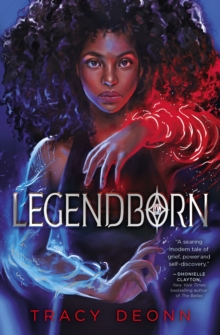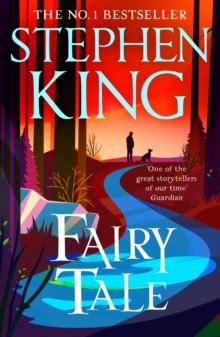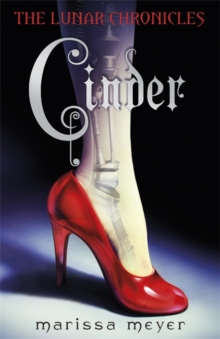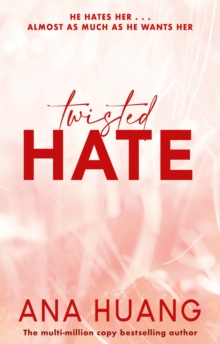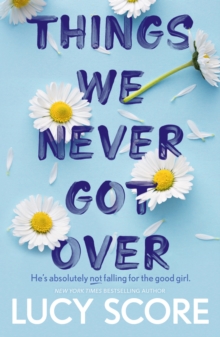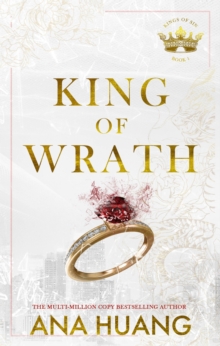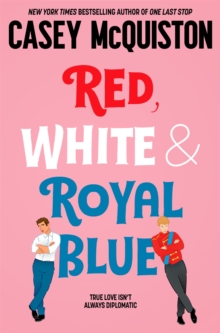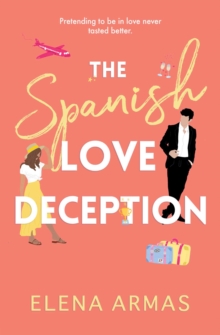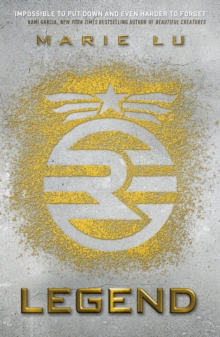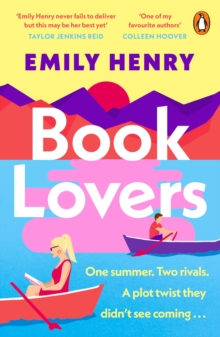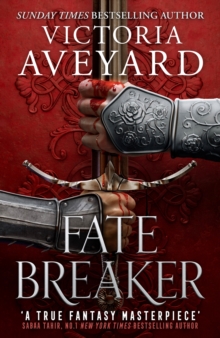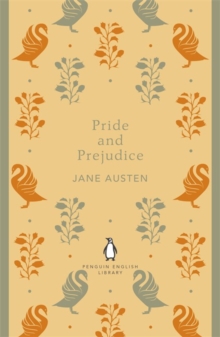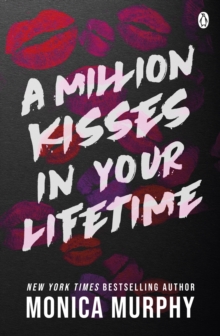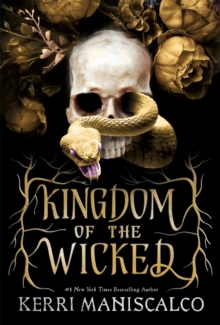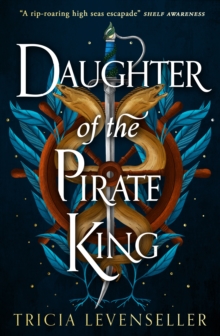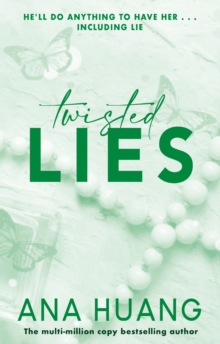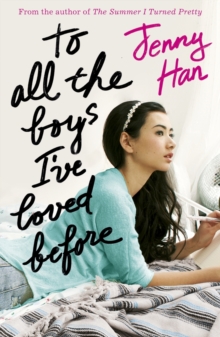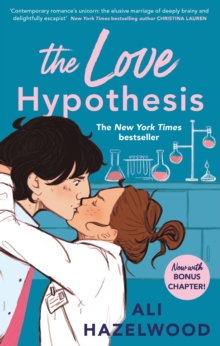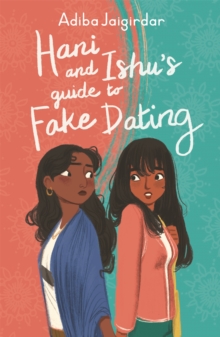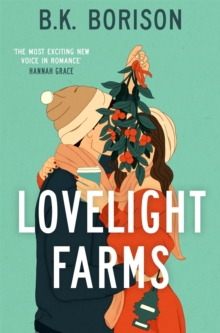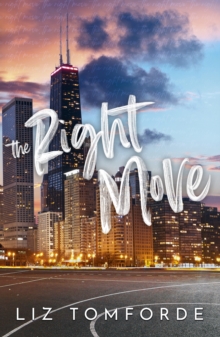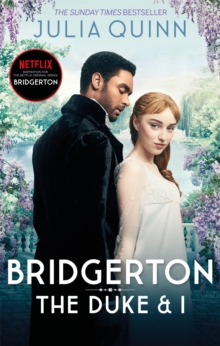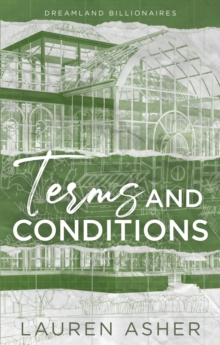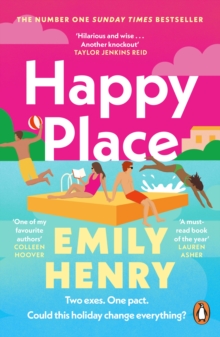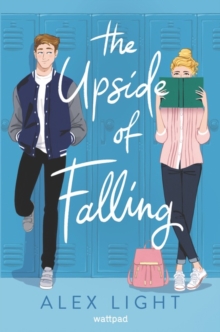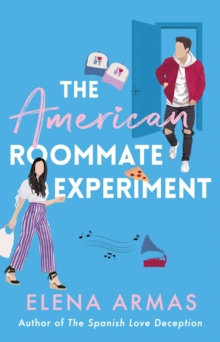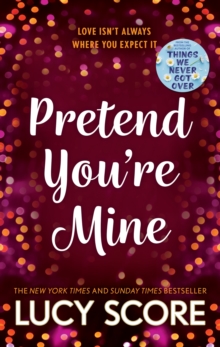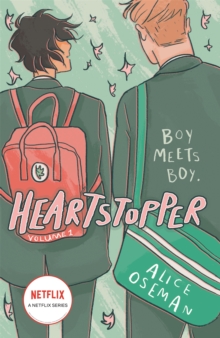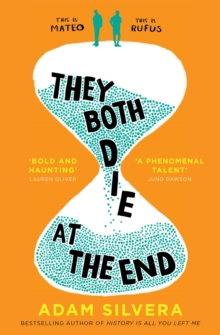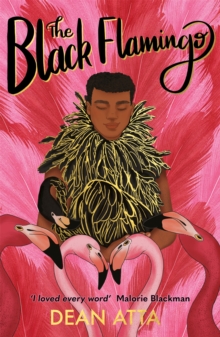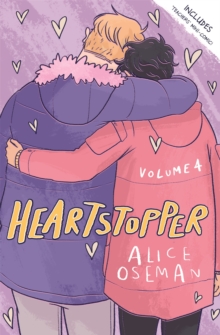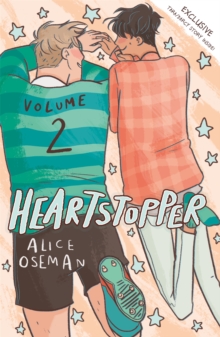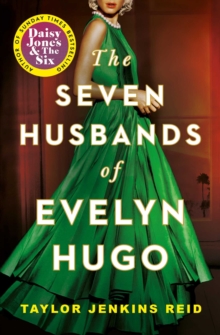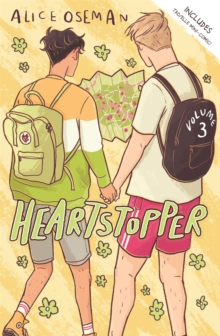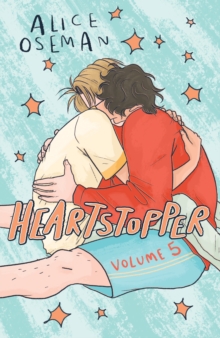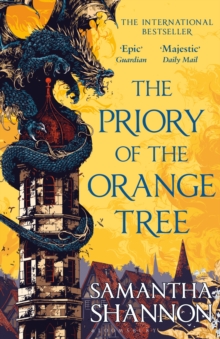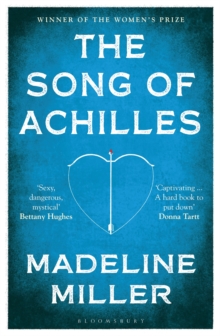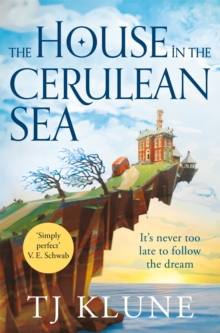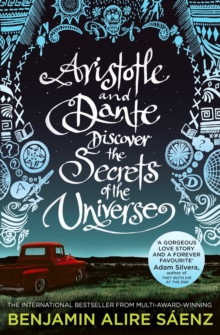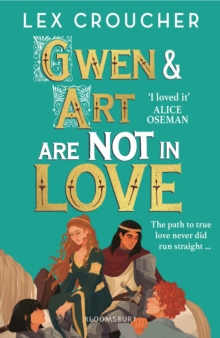Booktok Trends & Tropes
15th February 2024
BookTok is one of the biggest and most powerful subcommunities on the app TikTok, focusing on books and literature. In fact, #BookTok videos have gained nearly 200 billion views to date, and regularly push books to the top of bestseller charts. Most surprisingly titles that were published years ago, such as Colleen Hoover’s It Ends With Us or M.L. Rio’s If We Were Villains, have seen a huge boost in sales. The more a book makes you cry, swoon, or even get you a little hot under the collar, the more likely it is to become a BookTok success. Enthusiastic readers (known as BookTokers) connect with one another to share book reviews, reactions, and curated lists of recommended must reads. It has transformed the way we discover, discuss, and devour books. What began as a simple hashtag on TikTok during the early days of the COVID 19 pandemic soon exploded into a global sensation, and today, it is one of the largest social media communities dedicated to books.
Discussing and analysing books used to be in full-length articles in newspapers or within hours-long book clubs. As social media platforms emerged this shortened the length of discussion to only a few seconds to really make an impact and people needed to be a lot faster when talking about the books they love. Hence the emergence of book tropes.
What is a book trope?
A book trope is a commonly used plot, character type, or literary technique that is recognisable and familiar to readers. It is basically those storylines or character archetypes you see over and over again in books. BookTokers predominantly focus on young adult fiction and as a result the same book tropes repeatedly crop up and the related hashtags rake in millions of views. With mere seconds to capture the attention of a viewer and condense the plot of a book, tropes make that task easier. Book tropes, with their hashtags, are almost like a modern search term and allow readers to connect with exactly the right book. Content creators found a new way to hack the algorithm, by categorising books by their trope they could quickly link viewers to their next read, knowing they would enjoy it, streamlining the process of picking out books – and creating bestsellers. When looking at a BookTok caption and it reads #meetcute, we immediately know this plot will involve a romantic couple meeting for the first time, often in a particularly cute or awkward way, like in the novel The Sun is Also a Star by Nicola Yoon. Other tropes like #foundfamily, #grumpysunshine, #onebed, #rightpersonwrongtime and #lovetriangle are a fast and accurate way to categorise books and find stories you are sure to love. There’s almost no avoiding it – trope-ification plays a key part in BookTok’s influence on the publishing industry. It helps readers find what they enjoy sooner and TBR piles more well matched.
We’ve listed some of our, and Tiktok’s, favourite tropes that have gone viral:
#DarkAcademia (5.3 billion views)
The exciting new sub-genre Dark Academia has been gaining considerable attention in recent years with many new popular and upcoming books, such as Olivie Blake’s unique brand of drama and chaos in the Atlas series. So, what is #DarkAcademia? Put simply they are novels that feature themes of academic life, mystery, tragedy, and obsession with a gothic undertone. The book that launched this entire subculture, Donna Tartt’s The Secret History, is brimming with tension and murder within the backdrop of an American university. Quite arguably the most famous dark academic title goes to Harry Potter. An entire generation growing up wishing they’d gone to Hogwarts is probably the single biggest reason Dark Academia exists today and a gateway title for many readers into this trope. A Browns Books favourite has to go to A Discovery of Witches, by Deborah Harkness, an amazing series centred around a centuries-old vampire, a spellbound witch, and the mysterious manuscript that draws them together. Her new novel The Black Bird Oracle, publishing in July 2024, already has dark academia fans buzzing with excitement! Special mention has to go to Faridah Àbíké-Íyímídé’s explosive debut novel Ace of Spades with a high-stakes thriller vibe and an exceptional representation of diversity. We can’t wait for her new novel Where Sleeping Girls Lie to publish in March this year – we can already see this being read in cosy reading nooks, in leather armchairs with tweed blankets and flickering candles on a dark and moody night, fully absorbing the dark academia aesthetic….
Dark Academia Titles
See More
#Romantasy (709 million views)
It’s undeniable that Romantasy has taken BookTok by storm. This popular trope has dominated the fantasy genre and combines fantasy with a strong romantic element. Although many readers have their own interpretation of what Romantasy is, Bloomsbury claims to have coined the term to describe the genre spearheaded by bestselling author Sarah J. Maas and her multi-million bestselling series Court of Thorns and Roses. Her eagerly anticipated final book in the epic Crescent City series has just been published, going by the title House of Flame and Shadow and is bound to be another pulse-quickening, romantic firecracker. Joining Maas on the Romantasy pedestal is Rebecca Yarros, whose novel Iron Flame conquered TikTok, helping to push this new trope to social media stardom!
Romantasy Titles
See More
#TheChosenOne (603 million views)
#TheChosenOne refers to a character who is chosen by God, the gods, or fate itself to travel far and wide to save the world, maybe falling in love with someone along the way. The main character does not normally have a choice in their journey as it is often down to destiny. This trope is typically rooted in religion and mythology and has been compared to the religious concept of messiah. A lot of these books have made it to the big screen, most famously The Lightning Thief. Inspired by Greek mythology, the chosen one, Percy, sets off on a quest to prevent a catastrophic war between the gods. Other blockbuster adaptations featuring #TheChosenOne include Clary in City of Bones, Katniss in The Hunger Games and Lyra in Philip Pullman’s Northern Lights. This trope has also seen females and characters of colour step into their rightful roles of #TheChosenOne with wonderfully diverse novels, we particularly recommend The Gilded Ones and Legendborn.
The Chosen One Titles
See More
#EnemiesToLovers (11.1 billion views)
Arguably one of the most popular tropes on TikTok, this romantic fiction is based on two people who really cannot stand each other that have no choice but to spend time together. Undoubtedly these characters begin to develop feelings for one another, hence the hashtag enemies to lovers. It’s a thrilling transition from animosity to love, and it often involves witty banter, tension, and unexpected chemistry. The Cruel Prince by Holly Black sees a slow-burn romance develop between Jude (a human) and Carden (a Faerie Prince), despite truly hating each other from the start. More recently Red, White & Royal Blue by Casey McQuiston (now a Prime Original movie) has captured BookTokers hearts reading about how two completely opposite males, the Prince of England and First Son of the United States, fall in love. New in paperback in March is The Wake-Up Call by a favourite author of ours here at Browns, Beth O’Leary, in which we meet bitter rivals Izzy and Lucas who have to work together to save the country hotel they both work at as receptionists from certain ruin – a delicious and heart-warming enemies-to-lovers read!
Enemies to Lovers Titles
See More
#FakeDating (560 million views)
Just like the hashtag states, this trope involves two characters pretending to be in a relationship. Motives may vary- perhaps it’s to win a bet, make an ex jealous or improve their public image, but ultimately it’s an arrangement of convenience. Readers love to watch boundaries get crossed and emotions get entangled, these plots will continue to dominate the BookTok charts. Although we all know the two characters will end up together it’s more about how they admit their feelings rather than when. This trope is most typically found in young adult romances such as To All The Boys I’ve Loved Before by Jenny Han and has been made increasingly popular through Julia Quinn’s Bridgerton series. We’re huge fans of Emily Henry’s consistently joyful, funny and romantic novels, and April sees the publication of the eagerly awaited Funny Story. The plot, in which Daphne becomes roommates with her ex-fiancée’s new fiancée’s ex-boyfriend (hope you’re keeping up!) epitomises the #FakeDating trope and we’re sure this novel will be a hit with her legion of BookTok fans!
Fake Dating Titles
See More
#LGBTQbooks (423.6 million views)
LGBTQ books are not new to the market, but thanks to the many hashtags LGBTQ books encompasses on TikTok, readers are discovering these novels and loving them! Recommending work that is so crucial to expanding people’s minds and allowing readers to feel represented is really important. TikTok has been a sanctity of LGBTQ+ education, creativity and escape and is seen as a constructive route to help improve diversity within upcoming titles, showing us that our literary worlds can be as beautifully diverse as the one we live in.
BookTok has given a platform to authors and readers from marginalised groups to raise important issues of representation and diversity. Well known titles such as Heartstopper and They Both Die in the End rose dramatically in sales when exposed to the TikTok algorithm. We’ve also seen an unstoppable rise of LGBTQ fiction with romantic storylines, that promise plots that are smart, thoughtful, often hilarious with a happy forever after. One Last Stop, Only Mostly Devastated and Lex Croucher’s Gwen & Art Are Not In Love are great examples of upbeat rom-coms! Sadly, we have to wait till August for another sapphic romance from Lex Croucher, but Not for the Faint of Heart promises to be another rip-roaring, fast paced and funny historical fantasy adventure – we know what we’re reading in the summer holidays!
LGBTQ Romance Titles
See More
Are tropes here to stay?
BookTok does not seem to be slowing down, in fact it is generating brilliant book recommendations at a swipe. Tropes, when used effectively on social media, can help create a sense of familiarity and comfort for readers and a quick way to help people find their next read. However, if authors are constantly turning to tropes to base their novels on then stories lose their originality and plots become predictable and stale. Audiences are starting to question the simplicity of writing based on tropes and how publishing is oversaturated with the same cliches. Even more worryingly the overuse of certain tropes can lead to negative stereotypes or harmful representations of certain groups. Also, by only searching for certain tropes readers can be by-passing incredible books. Sometimes it’s good to branch out of your reading comfort zone to discover a new favourite. Tropes can be a double-edged sword – narrowing and limiting but incredibly efficient.
There is no doubt that tropes have revolutionised the way we search for the stories we consume and completely overhauled algorithms and recommended pages on social media. Ultimately it is up to the writers to keep tropes fresh, interesting and respectful to their audience.
BookTok is not a trend, it is an evolutionary way to discover and appreciate books. As TikTok and the love of books collide, we witness the power of storytelling in the digital age. So, if you are searching for your next captivating read, explore the magical world of BookTok.
Discover our extensive range of ‘TikTok Made Me Read It’ titles here and uncover the next viral sensation.
Sarah, Content Selection Team
